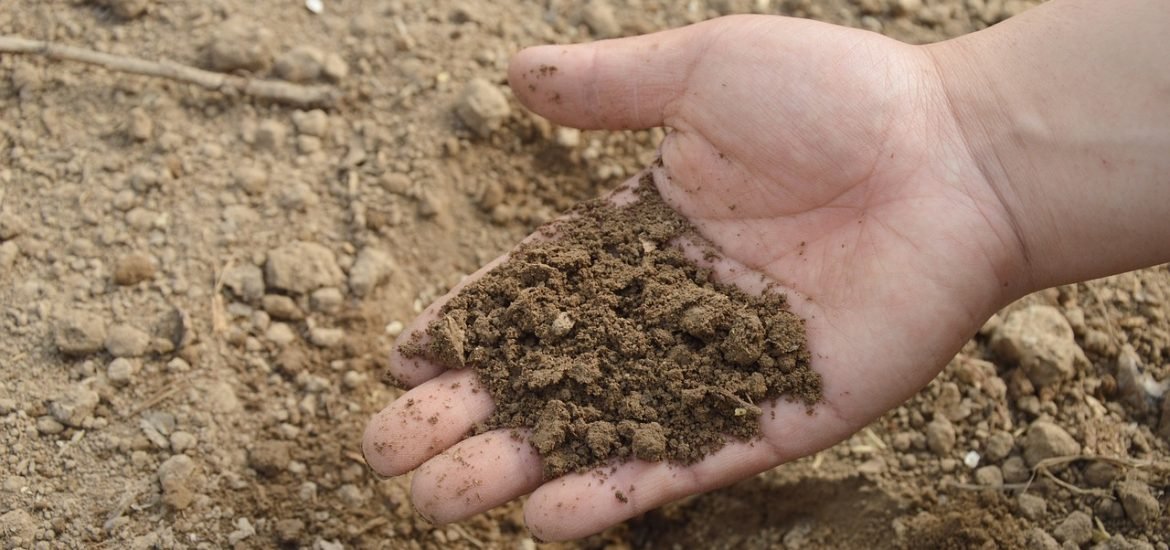
Climate change is increasing the diversity of active microbes in the soil, which in turn increases the release of CO2 into the atmosphere, according to a new study published in the scientific journal Science Advances.
These results represent a massive change in our understanding of how soil microbes influence the carbon cycle and possible feedback mechanisms on the climate. Until now, it was assumed that higher soil temperatures simply accelerated microbe growth, increasing carbon released into the atmosphere. However, a team from the Centre for Microbiology and Environmental Systems Science (CeMESS) at the University of Vienna has now shown that the increased release of carbon is actually caused by the activation of previously dormant bacteria.
“Soils are Earth’s largest reservoir of organic carbon,” said Andreas Richter, professor at the Centre for Microbiology and Environmental Systems Science. Microorganisms control the carbon cycle, breaking down organic matter and releasing carbon dioxide. As temperatures rise – which is happening due to climate change – microbial communities emit more carbon dioxide as a whole, further accelerating climate change. This phenomenon is called soil carbon-climate feedback.
“For decades, scientists have assumed that this response is driven by increased growth rates of individual microbial taxa in a warmer climate,” explained Richter. In this study, however, the team showed that was not the case. The researchers collected and analysed soil samples from a subarctic grassland in Iceland that has undergone over half a century of geothermal warming, resulting in elevated soil temperatures compared to surrounding areas. They identified all active bacteria and compared their growth rates at both ambient and elevated temperatures.
“We saw that more than 50 years of consistent soil warming increased microbial growth at the community level,” said PhD student Dennis Metze. “But remarkably, the growth rates of microbes in warmer soils were indistinguishable to those at normal temperatures.” The main difference was regarding bacterial diversity: Warmer soils had a more different types of microbes.
“Understanding the complexities of the soil microbiome’s reaction to climate change has been a considerable challenge, often rendering it a ‘black box’ in climate modeling,” added Christina Kaiser, associate professor at the Centre. These new findings go beyond the traditional focus on bacterial growth and help researchers get more accurate predictions of microbial behavior and how it affects carbon cycling in the evolving climate scenario. The authors hope that the insights gained from this study will help understand how microbes react to temperature changes caused by climate change.
Metze D, Schnecker J, de Carlan CLN, Bhattarai B, Verbruggen E, Ostonen I, Janssens IA, Sigurdsson BD, Hausmann B, Kaiser C, Richter A. Soil warming increases the number of growing bacterial taxa but not their growth rates. Sci Adv. 2024 Feb 23;10(8):eadk6295. doi: 10.1126/sciadv.adk6295